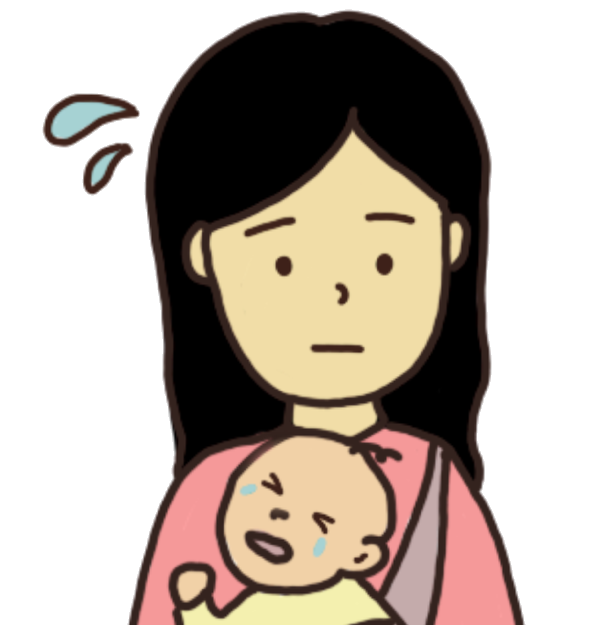Why?Why are they not going to school?
- 65% of the local governments answered that they did not implement the efforts to grasp the school attendance status.
- 37.3% of local governments nationwide do not send school information to families with foreign children.
-
Even if it is sent,
the target is households with children of elementary school or junior high school "new enrollment" age (★),
so school information is not complete for households with children of other compulsory education ages.
(★) The age is judged by each local government, but it is generally considered to be 6-7 years old and 12-13 years old. The Ministry of Education did not specify the age at the time of the survey. (Quoted from Akiko Yazawa "Let's show Japan as a place of employment with" none schooling refugees! " Daiwa Institute of Research Group, December 02, 2019) - 84.3% of local governments give explanations about school attendance when foreigners go through the procedures for resident registration. But, there are many places where there is no explanation of school attendance, such as "if the other party wants to attend school" or "only giving materials related to school attendance", or even if the school attendance guidance is provided, it is only written in Japanese. (Quoted from Ministry of Education, Culture, Sports, Science and Technology "Survey results on school attendance status of foreign children (breaking news))

Reason1.
There are possibilities that they will bully because international kids are different from them.

Reason2.
They have to take care of their siblings instead of their parents who both work and have strict working conditions.

Reason3.
The "school attendance notice" which is mailed based on alien registration is not sent due to moving or incomplete registration, and even if it is sent, it is difficult to read for them.

All kids should have rights to go to school
1. States Parties recognize the right of the child to education, and with a view to achieving this right progressively and on the basis of equal opportunity, they shall, in particular:
- Make primary education compulsory and available free to all;
- Encourage the development of different forms of secondary education, including general and vocational education, make them available and accessible to every child, and take appropriate measures such as the introduction of free education and offering financial assistance in case of need;
- Make higher education accessible to all on the basis of capacity by every appropriate means;
- Make educational and vocational information and guidance available and accessible to all children;
- Take measures to encourage regular attendance at schools and the reduction of drop-out rates.
In Japan, primary education is conducted with the aim of fostering people who are physically and mentally healthy, and to provide them with essential education as a human. Therefore, it is considered impractical to force foreigners to receive primary education conducted in Japanese for this purpose. Therefore, for foreigners who wants to receive primary education with no cost and we are planning to do it, but we are not thinking about forcing it.

In the Convention on the Rights of Children states that "parties will make efforts to reduce compulsory education and dropouts so that everyone can receive equal education", but international kids who are living in Japan Compulsory education is not guaranteed. I think this is strange and rights are not protected. "We are not thinking about forcing them to go to school." I get this sentence strange and they"hope” to receive compulsory education in the first place, and can all international kids get enough education if they want?

They might be refused to enroll to school
When international kids who wanted to procedure who had just arrived in Japan were told this. He tried to go to a public school at the local government office, and they told them that I feel bad for you that there is no support such as teaching Japanese or getting support from an interpreter at school, and even if you come to school, you will be left unattended. There are many cases in which the response is similar to "be turned away at the door". In this case, because the admission was refused before the enrollment procedure, it is not recognized as a "child who needs Japanese language instruction". If parents give up school when they are told "after they can speak Japanese" or if there is no Japanese language class nearby, these children will be not able to speak Japanese but also will be out of school, waiting for school for a long time, and they will end up spending days just like staying at home. (Quoted from iki Tanaka "The problem of waiting for school for children with foreign roots caused by" good intentions " I can't go to school if I can't speak the Japanese?" Yahoo! News, August 18, 2017 )

Back Next